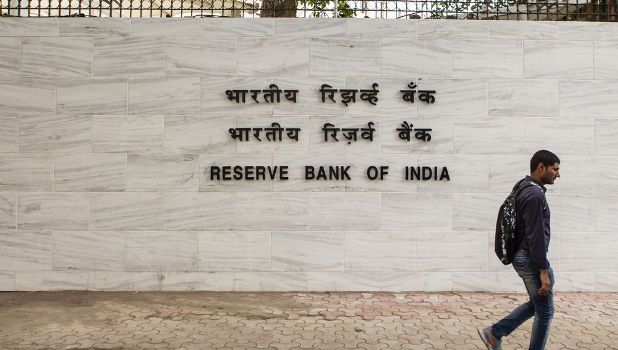Gold Silver Reports (GSR) – RBI Monetary Policy Prediction Today: Indian Stock Market would open flat with negative bias. Technically, Nifty also entered into negative zone. BankNifty is still in negative zone. Now, today RBI Policy would be disclosed and it would affect Indian Stock Market direction. Street expect Rate hike this time.
- Spot Gold Reverses Earlier Losses; Last 0.5% Higher at $3,381.17/oz
- Today Sensex climbs 329 points, Nifty nears 25,000 as IT stocks rally on Fed rate-cut hints
- Gold Prices Rise or Down in September | Gold Price Forecast 2025
- Ukraine drone hits Russian nuclear plant, sparks huge fire at Novatek’s Ust-Luga terminal
- SMBC Gets RBI Nod to Acquire 24.99% Stake in Yes Bank, to Join Board with 2 Seats
The Reserve Bank of India (RBI) is India’s central banking institution, which controls the monetary policy of the Indian rupee. It commenced its operations on 1 April 1935 in accordance with the Reserve Bank of India Act, 1934.[6] The original share capital was divided into shares of 100 each fully paid, which were initially owned entirely by private shareholders.[7] Following India’s independence on 15 August 1947, the RBI was nationalised on 1 January 1949.
The RBI plays an important part in the Development Strategy of the Government of India. It is a member bank of the Asian Clearing Union. The general superintendence and direction of the RBI is entrusted with the 21-member central board of directors: the governor; 4 deputy governors; 2 finance ministry representatives (usually the Economic Affairs Secretary and the Financial Services Secretary); 10 government-nominated directors to represent important elements of India’s economy; and 4 directors to represent local boards headquartered at Mumbai, Kolkata, Chennai and New Delhi. Each of these local boards consists of 5 members who represent regional interests, the interests of co-operative and indigenous banks.
The central bank was an independent apex monetary authority which regulates banks and provides important financial services like storing of foreign exchange reserves, control of inflation, monetary policy report till 2016 August. A central bank is known by different names in different countries. The functions of a central bank vary from country to country and are autonomous or quasi-autonomous body and perform or through another agency vital monetary functions in the country. A central bank is a vital financial apex institution of an economy and the key objects of central banks may differ from country to country still they perform activities and functions with the goal of maintaining economic stability and growth of an economy. – Neal Bhai Reports (NBR)


Comments are closed.